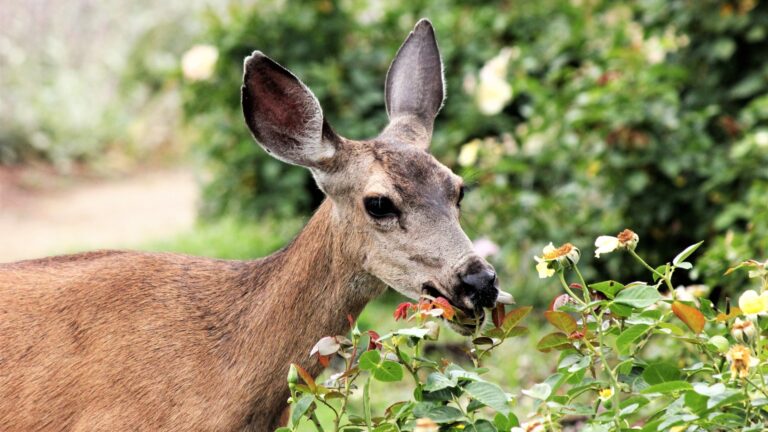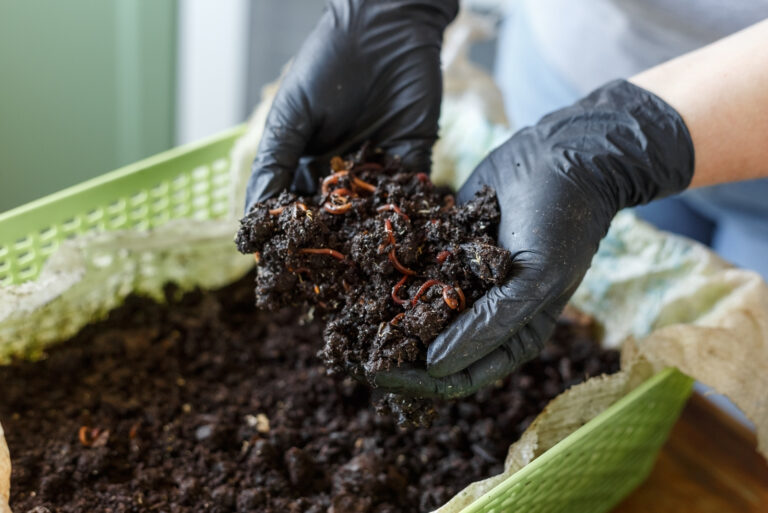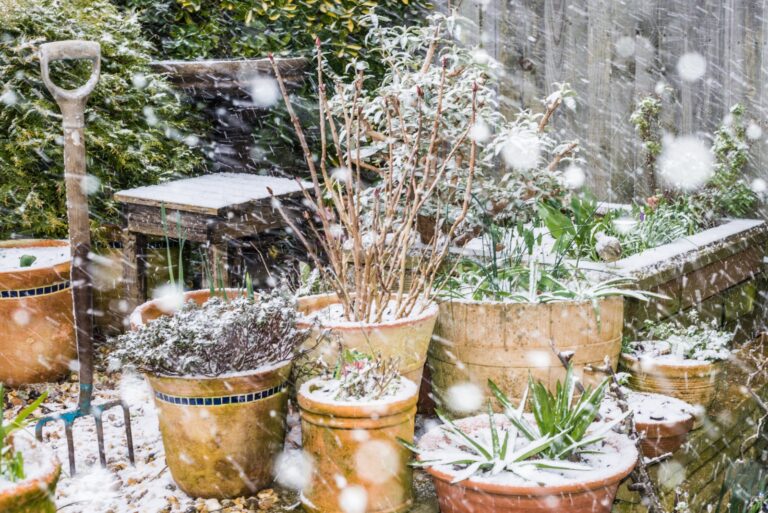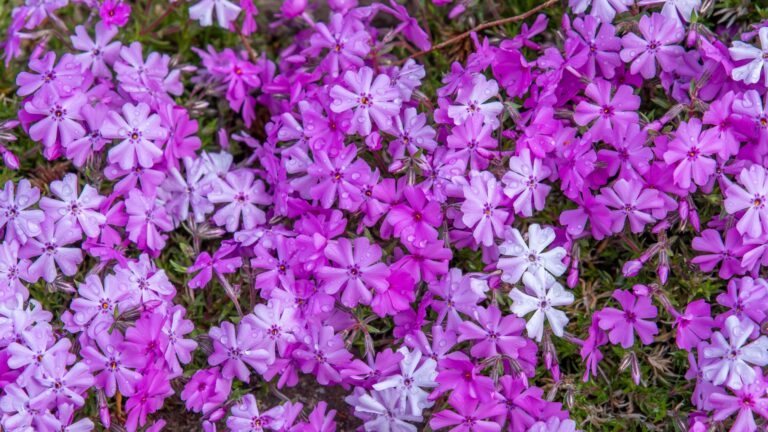15 Milkweed Mistakes That Could Be Driving Monarchs Away (And How To Easily Fix Them)
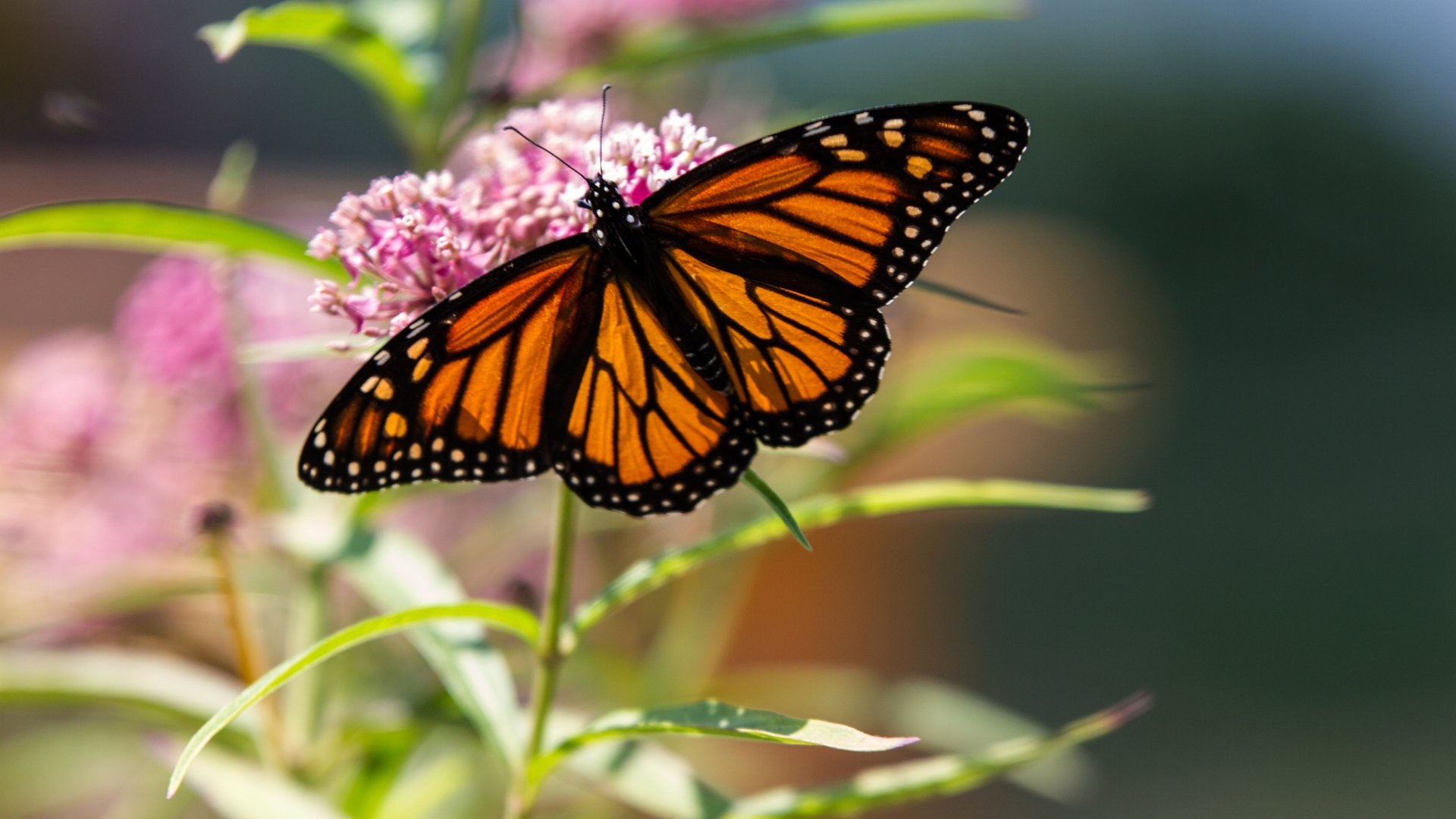
Creating a welcoming space for monarchs begins with the right care for milkweed. But sometimes, small mistakes can unknowingly turn your garden into a no-fly zone for these beautiful butterflies.
Trust me, I’ve been there, making those same errors myself! In this guide, I’ll share the common milkweed blunders I’ve learned to avoid, so you can create a monarch haven with ease.
Let’s get those butterflies fluttering through your garden in no time!
1. Planting the Wrong Type of Milkweed
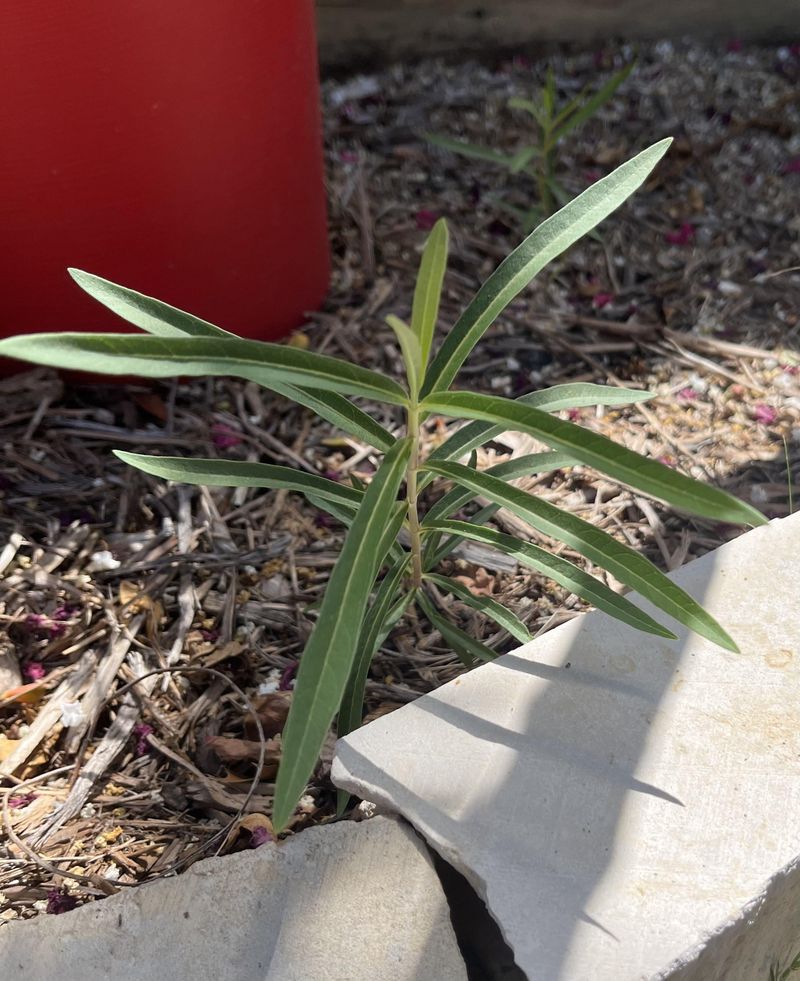
Not all milkweed is created equal for monarchs. Some varieties, like tropical milkweed, can disrupt their migration and increase the risk of disease.
Stick to native milkweed species like common milkweed or butterfly weed to provide monarchs with the food they crave. These plants are more in sync with their needs and will keep monarchs coming back!
2. Crowding Plants Too Close Together
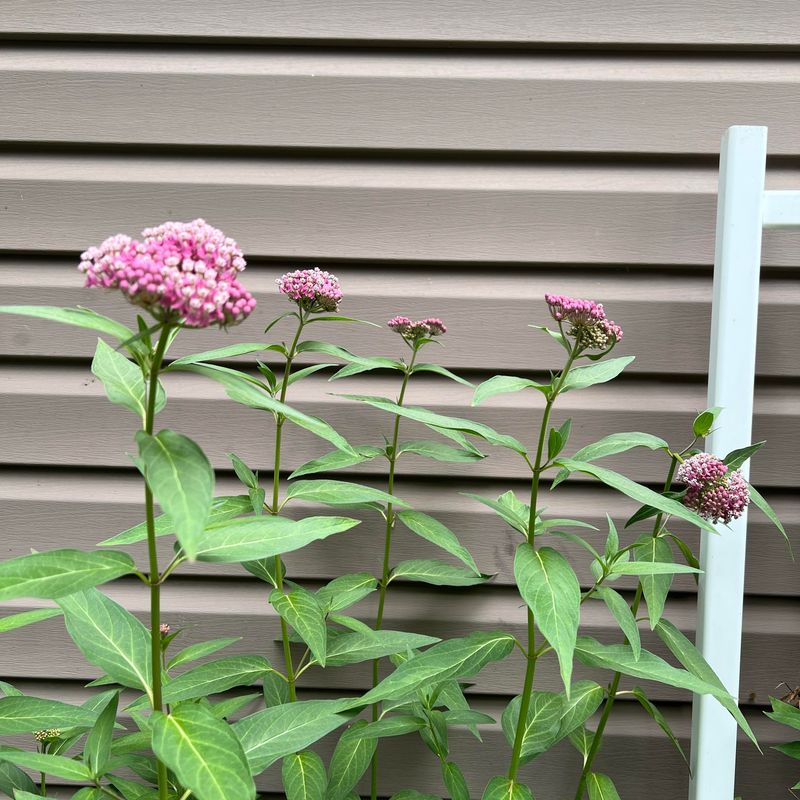
Milkweed needs space to thrive, just like monarch caterpillars need room to feast. If you plant them too close together, they’ll compete for sunlight and nutrients.
Give each milkweed plant a little breathing room to ensure they grow strong and healthy. Monarchs will appreciate the extra space, and so will your plants!
3. Using Pesticides Near Milkweed
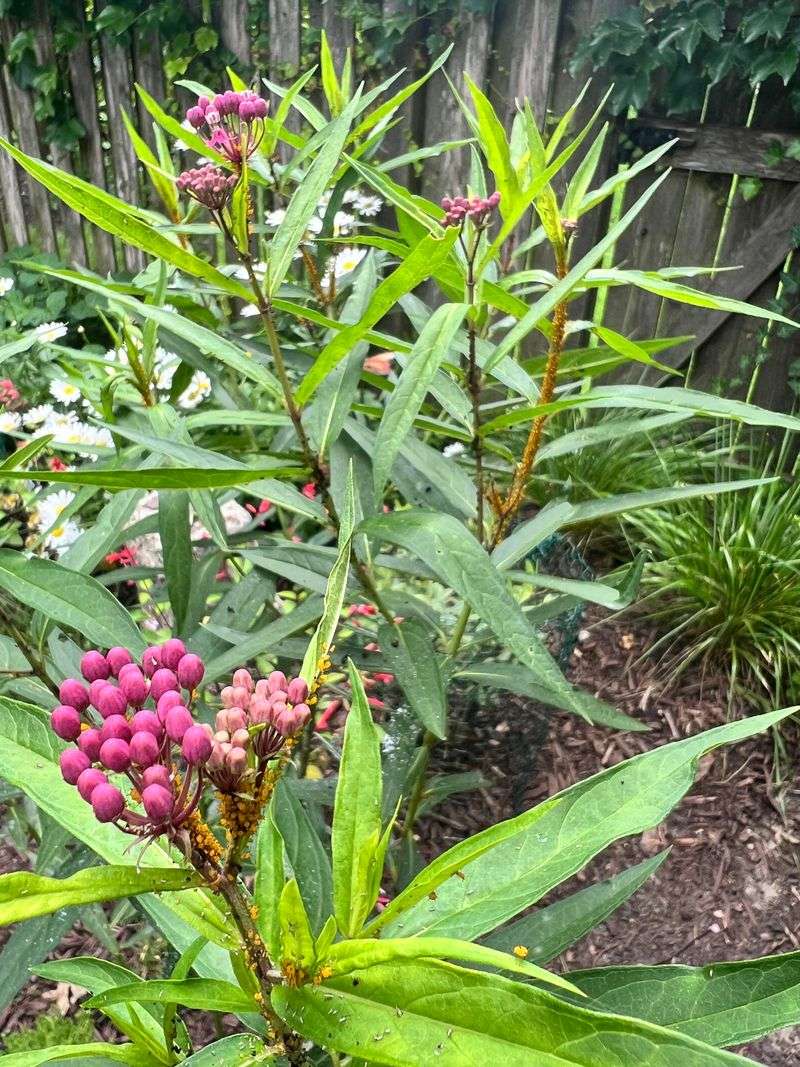
Pesticides can harm more than just garden pests—they can damage milkweed and monarchs too! Even trace amounts of chemicals can affect butterflies at various life stages.
Instead of spraying, try natural pest control methods like introducing beneficial insects, such as ladybugs. Let nature do its job, and your garden will stay monarch-friendly.
4. Forgetting to Plant Nectar Flowers

Milkweed is great for caterpillars, but adult monarchs need nectar to fuel their journey. If there are no nectar-rich flowers nearby, monarchs might move on.
Add zinnias, lavender, and coneflowers to your garden to keep the adults satisfied. More blooms mean more butterflies sticking around!
5. Removing Milkweed Too Early
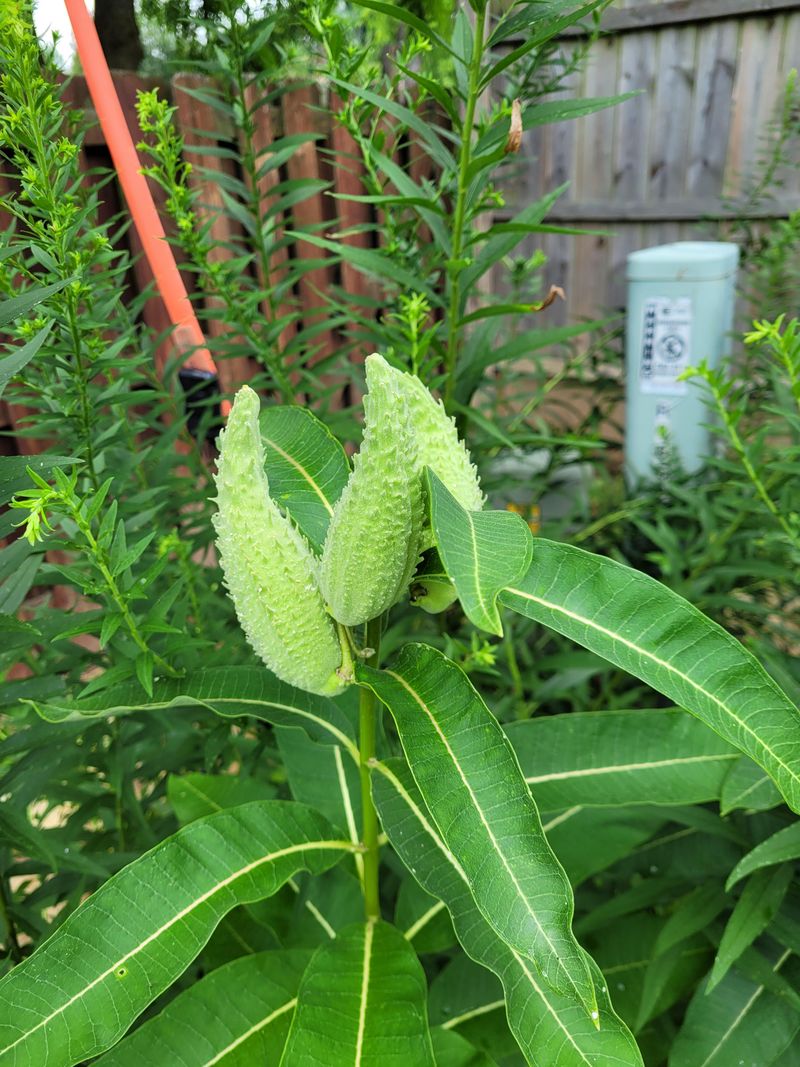
Resist the urge to clean up too soon! Monarchs rely on milkweed even after the blooms fade, and caterpillars might still be munching away.
Leave your milkweed standing until late fall to allow every egg and chrysalis a chance to hatch. By waiting, you’ll provide a safe haven for monarchs to complete their life cycle.
6. Planting in Too Much Shade
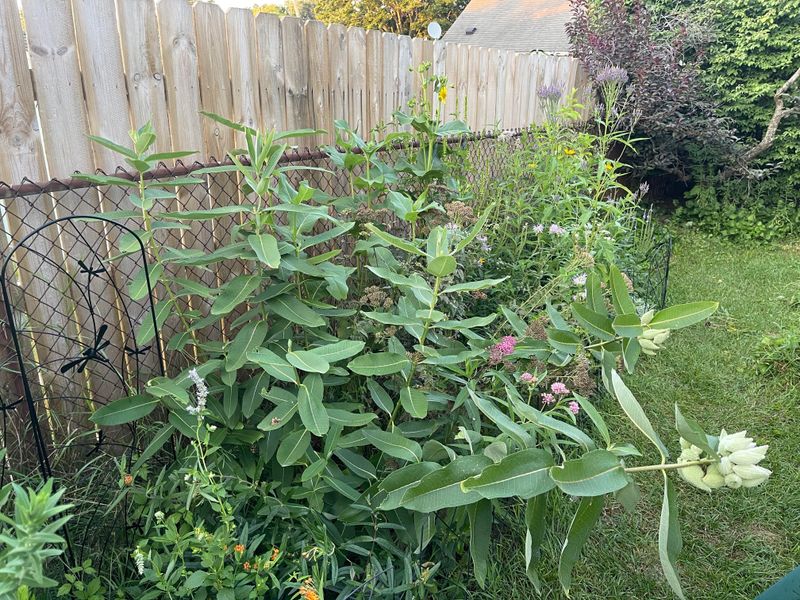
Monarchs love the sun, and so does milkweed! If your plants are hidden in the shade, they won’t grow strong enough to support caterpillars.
Find a sunny spot with at least 6 hours of direct sunlight a day to give your milkweed the best chance to thrive. More sunshine means healthier plants and happier butterflies.
7. Overwatering Milkweed
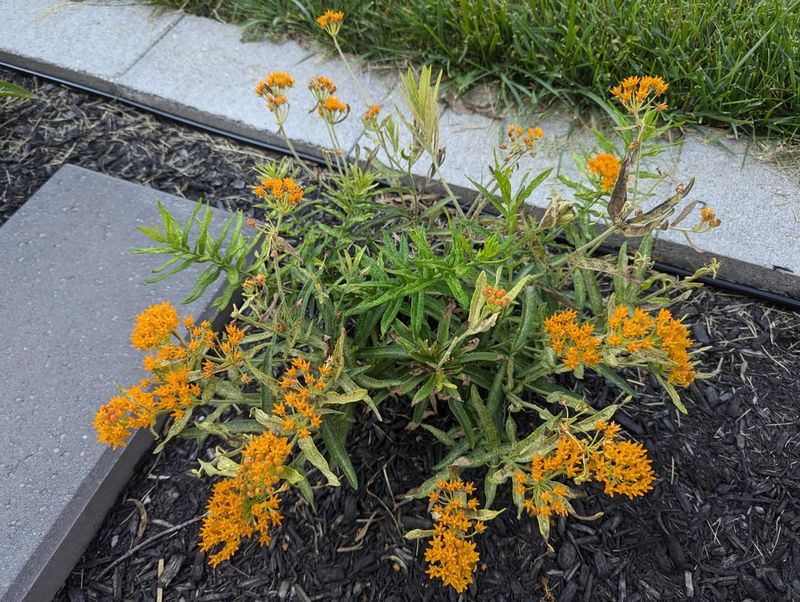
Milkweed doesn’t like soggy roots. If you’re overwatering, you could be stressing out your plants and making them less inviting.
Let the soil dry out between waterings to keep your milkweed in tip-top shape. Proper watering makes all the difference when it comes to healthy, thriving plants!
8. Not Planting Enough Milkweed
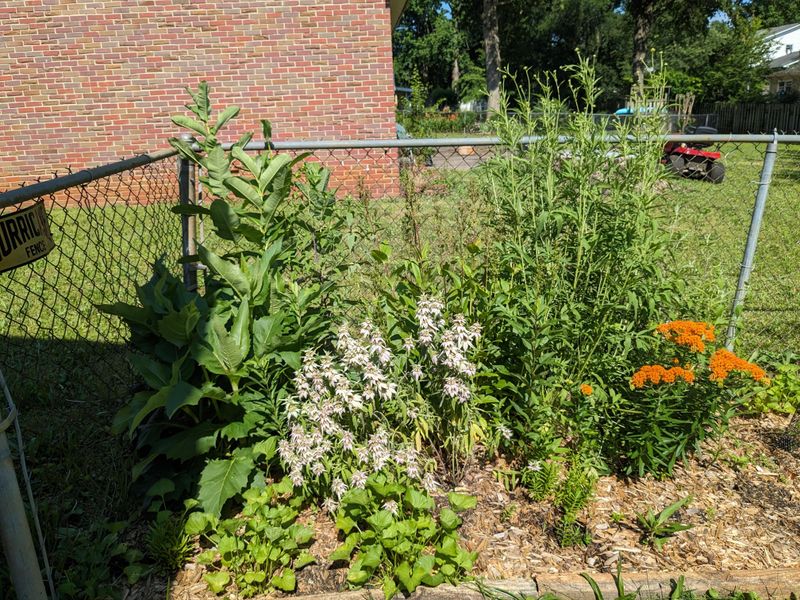
A couple of milkweed plants won’t cut it when it comes to attracting monarchs. These butterflies need a lot of leaves to lay eggs and feed their larvae.
Plant multiple clusters of milkweed around your yard to create a butterfly-friendly buffet. The more plants, the more monarchs you’ll see!
9. Ignoring Aphid Infestations
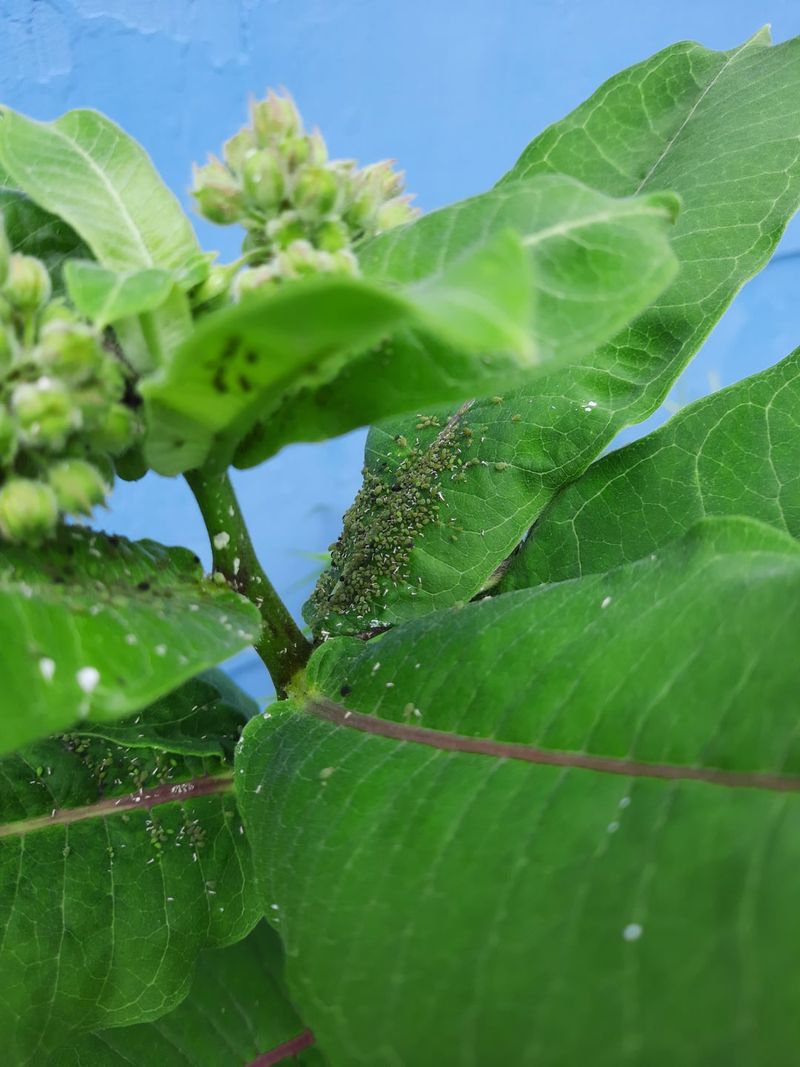
Aphids love to munch on milkweed, and if left unchecked, they can stress out the plants. Instead of using chemicals, try hosing them off with water or introducing natural predators like ladybugs.
A little aphid management will keep your milkweed healthy and ready to host monarchs.
10. Planting Too Close to Busy Walkways
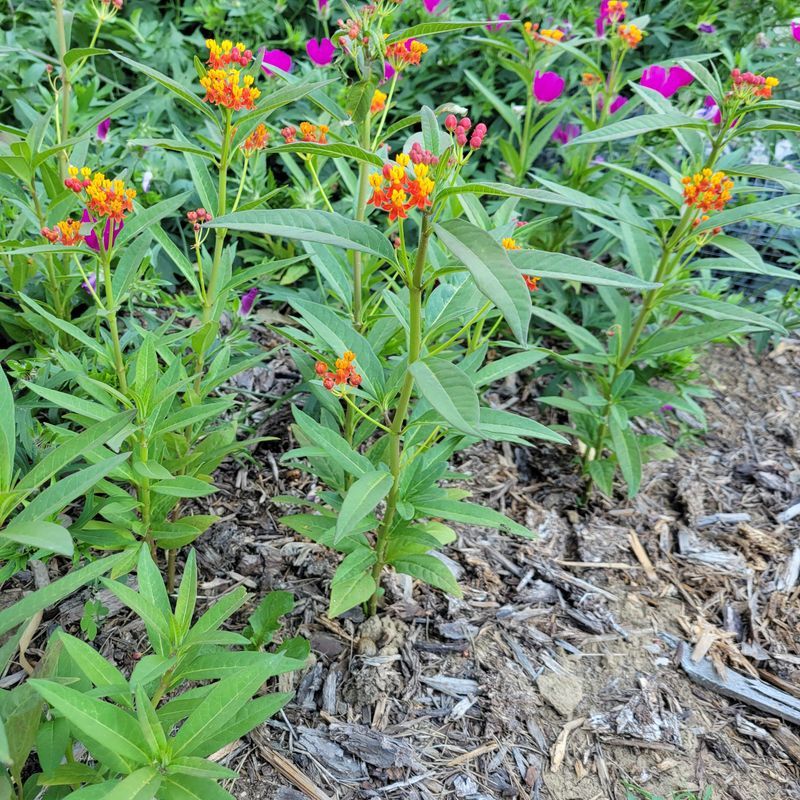
Monarchs are shy creatures, and constant foot traffic can scare them away. If your milkweed is too close to a busy walkway, they may feel unsafe.
Plant your milkweed in a quieter, more peaceful area of your garden where monarchs can feel secure and lay their eggs in peace.
11. Expecting Instant Results
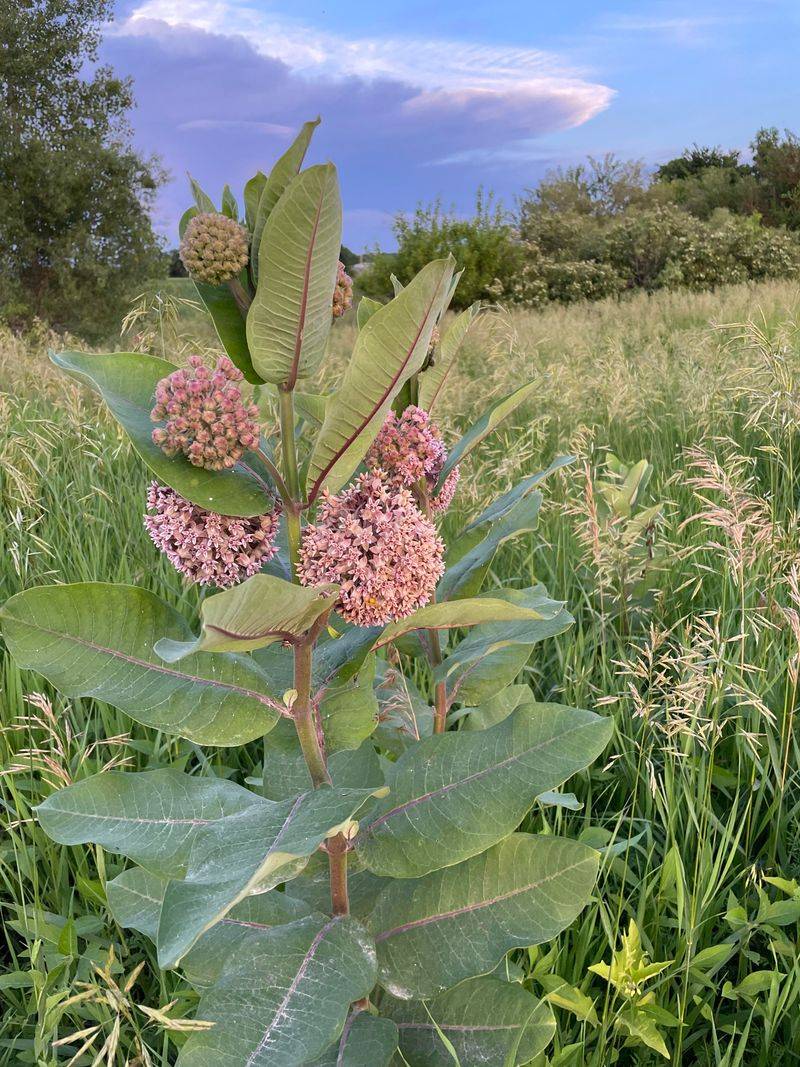
It takes time for monarchs to discover your milkweed. Don’t get discouraged if you don’t see caterpillars right away!
Keep planting and maintaining your garden, and over time, butterflies will find their way. Patience is key to building a monarch-friendly garden.
12. Only Planting One Type of Milkweed
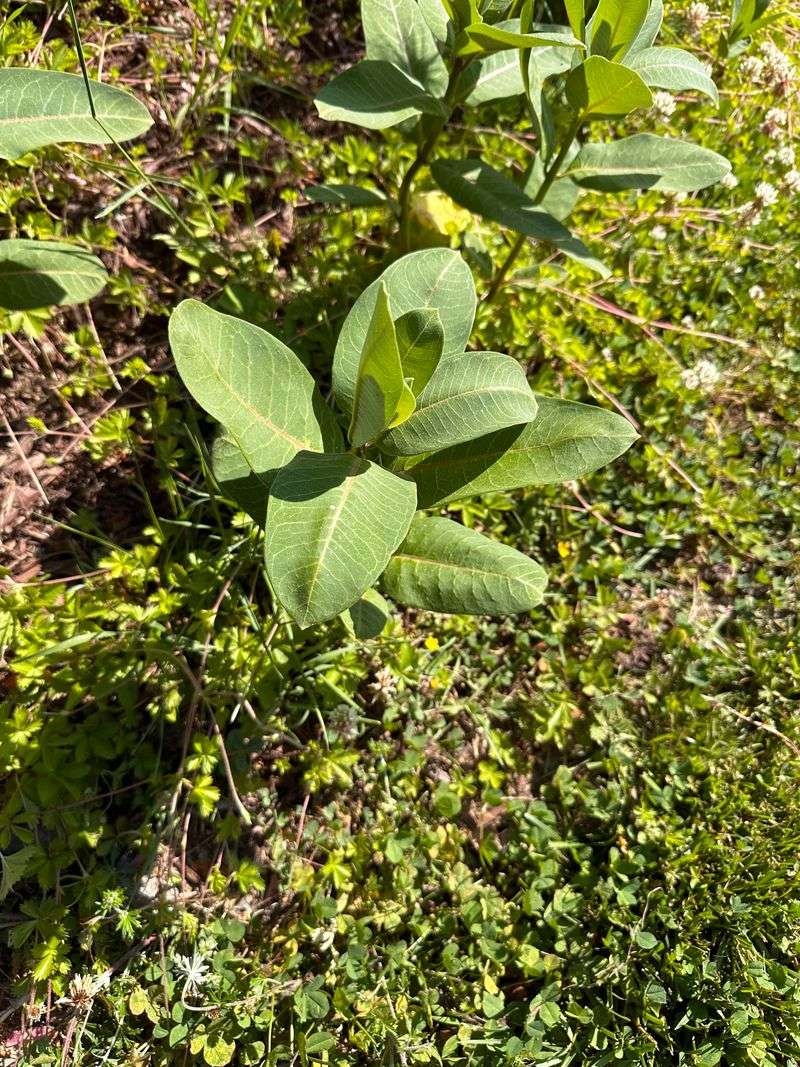
Monarchs are picky, and they like variety! If you plant just one type of milkweed, you may be limiting their choices.
Try mixing it up with common, swamp, and butterfly weed for a diverse selection that will attract more monarchs. Variety is the spice of life—and it’s the spice of a great butterfly garden too!
13. Letting Invasive Plants Take Over
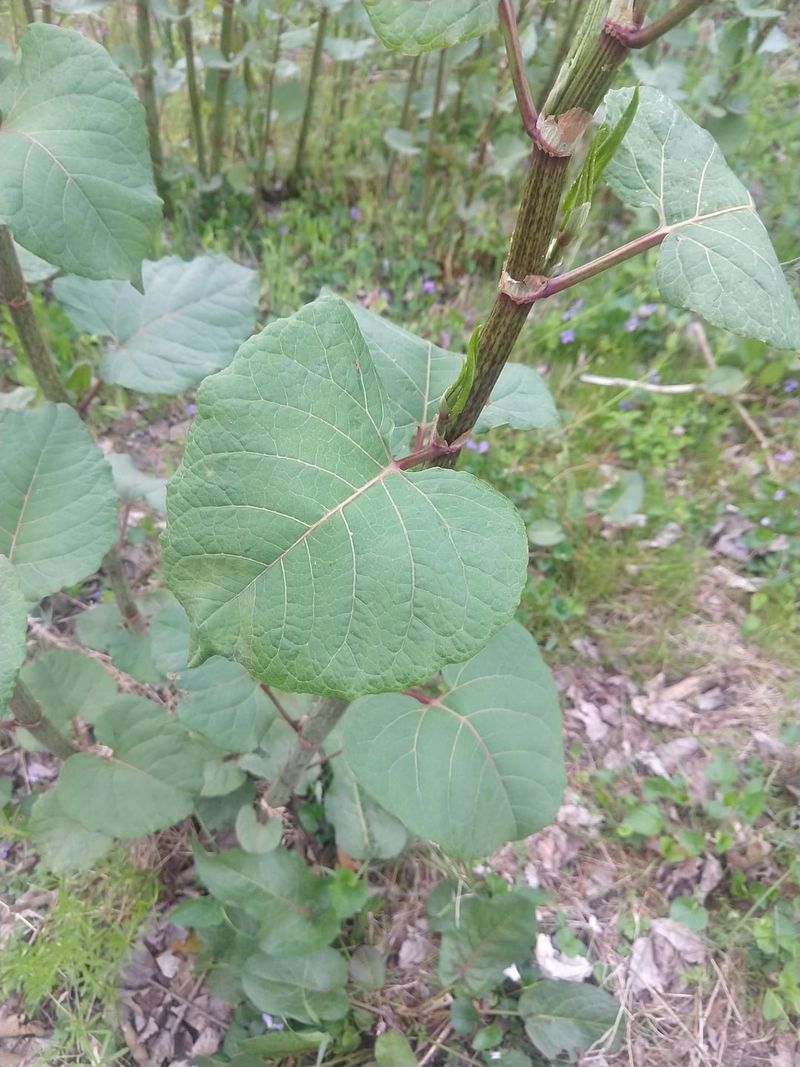
Invasive plants can quickly crowd out your milkweed, making it hard for monarchs to find what they need. Keep an eye on fast-growing weeds that might smother your plants.
Pulling them out as soon as you see them will give your milkweed the space it needs to thrive. Clean up the competition, and let the monarchs take center stage!
14. Not Protecting Young Plants
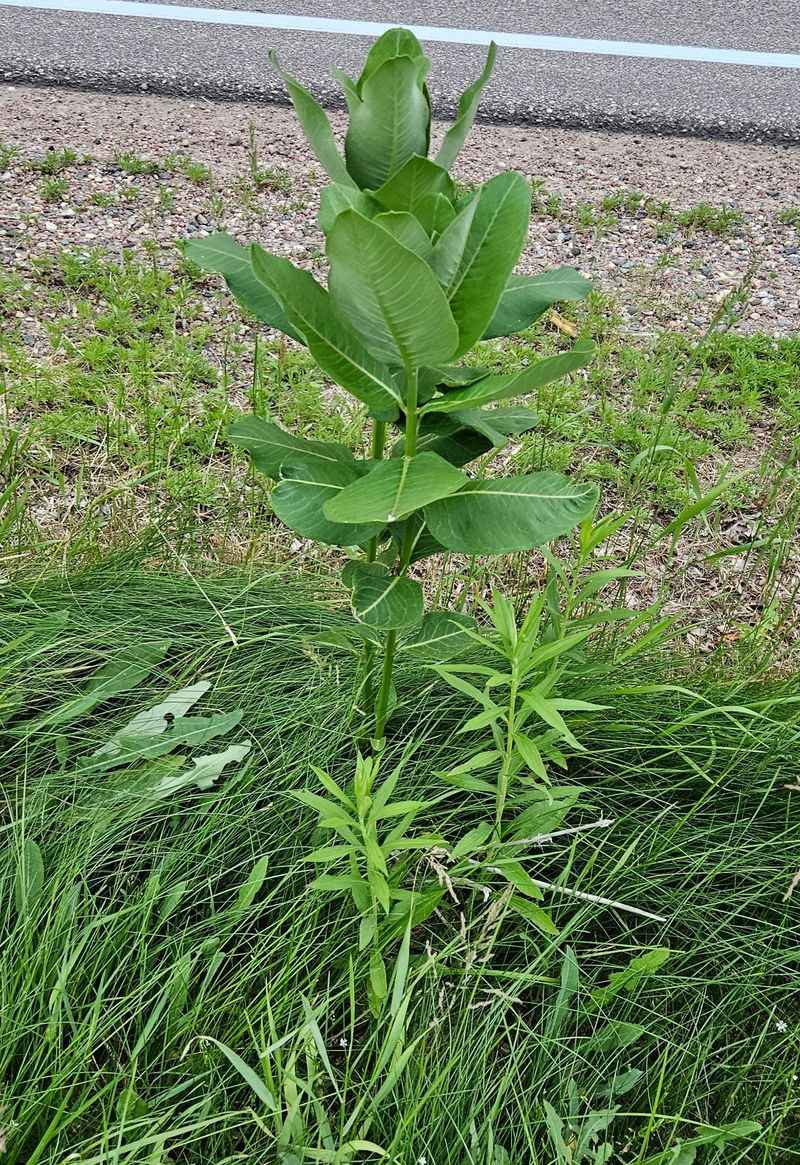
Newly planted milkweed needs a little extra TLC. Without protection, harsh weather or curious animals can easily damage young plants.
Keep your seedlings safe with some mulch or a small fence until they’re strong enough to stand on their own. Once they’re established, they’ll be monarch-ready!
15. Trimming at the Wrong Time
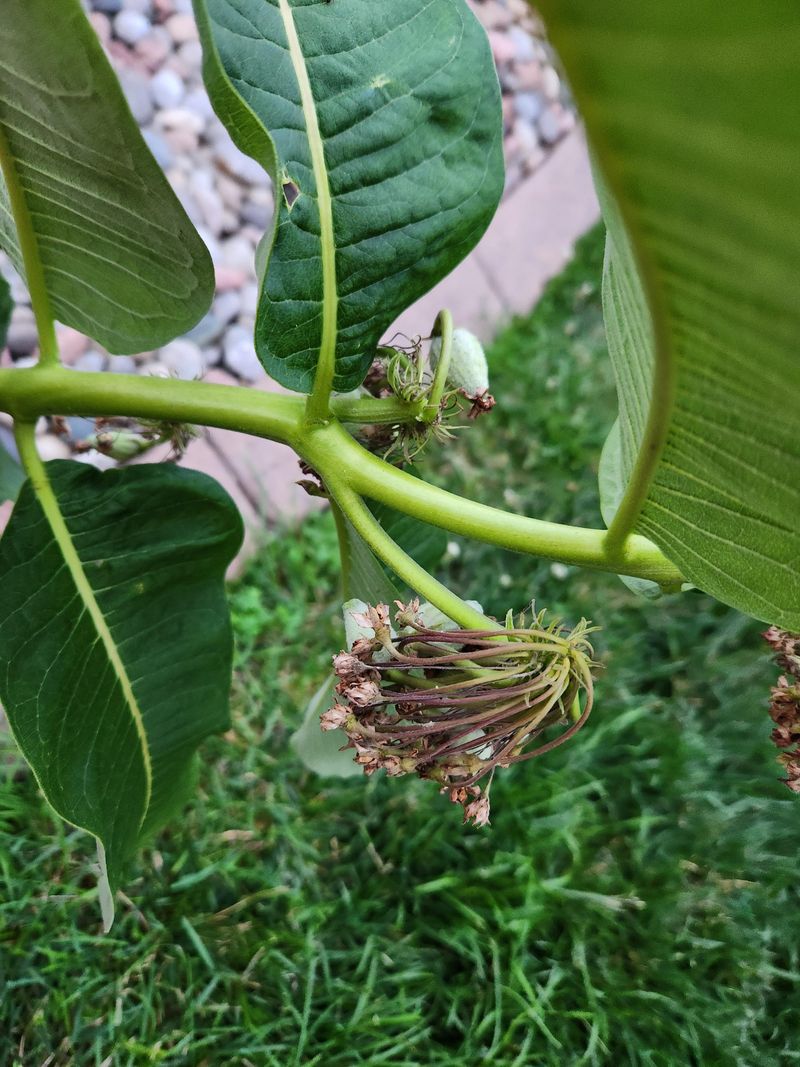
Cutting back milkweed at the wrong time can cause more harm than good. For tropical milkweed, trim it in the fall to prevent disease, but for native milkweed, wait until early spring.
Timing your pruning right ensures the plants stay healthy and provide the best environment for monarchs.
16. Growing Milkweed in Poor Soil
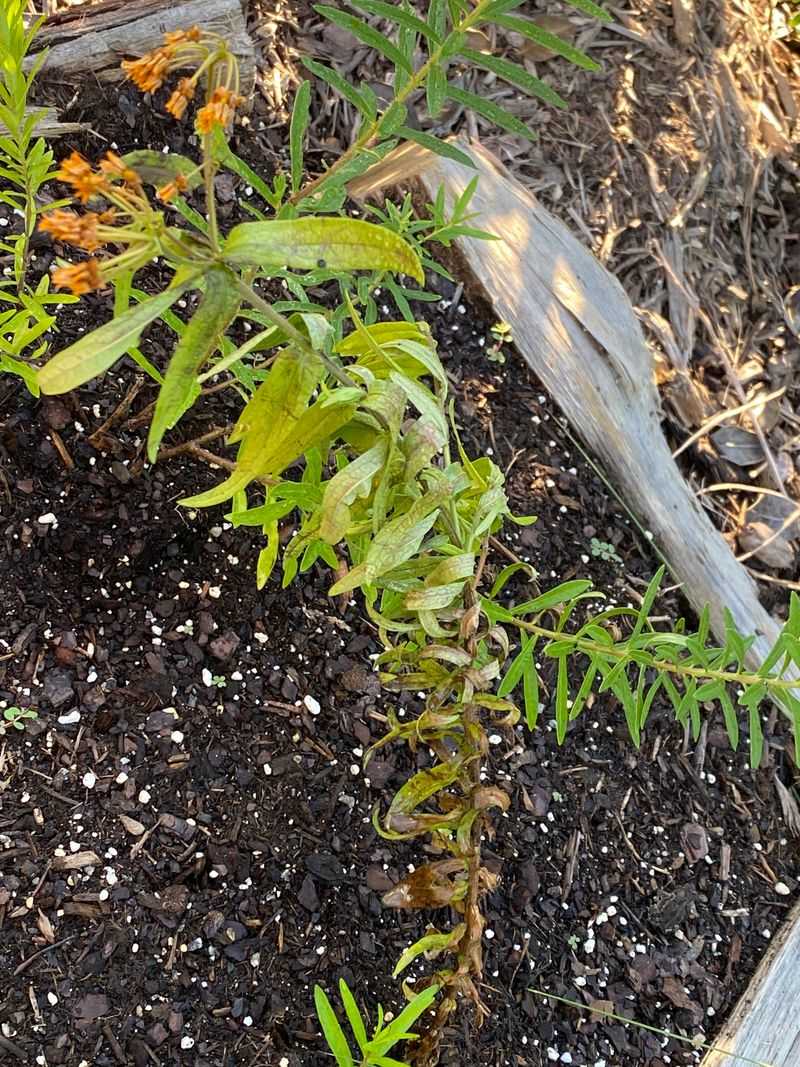
Milkweed can tolerate a variety of soils, but it grows best in well-draining, nutrient-rich earth. If your soil is too compacted or lacks nutrients, your plants may struggle to thrive.
Loosen the soil and mix in some compost to give milkweed the best possible environment. Healthy soil equals healthy milkweed—and happy monarchs!
17. Not Recognizing Milkweed Seedlings
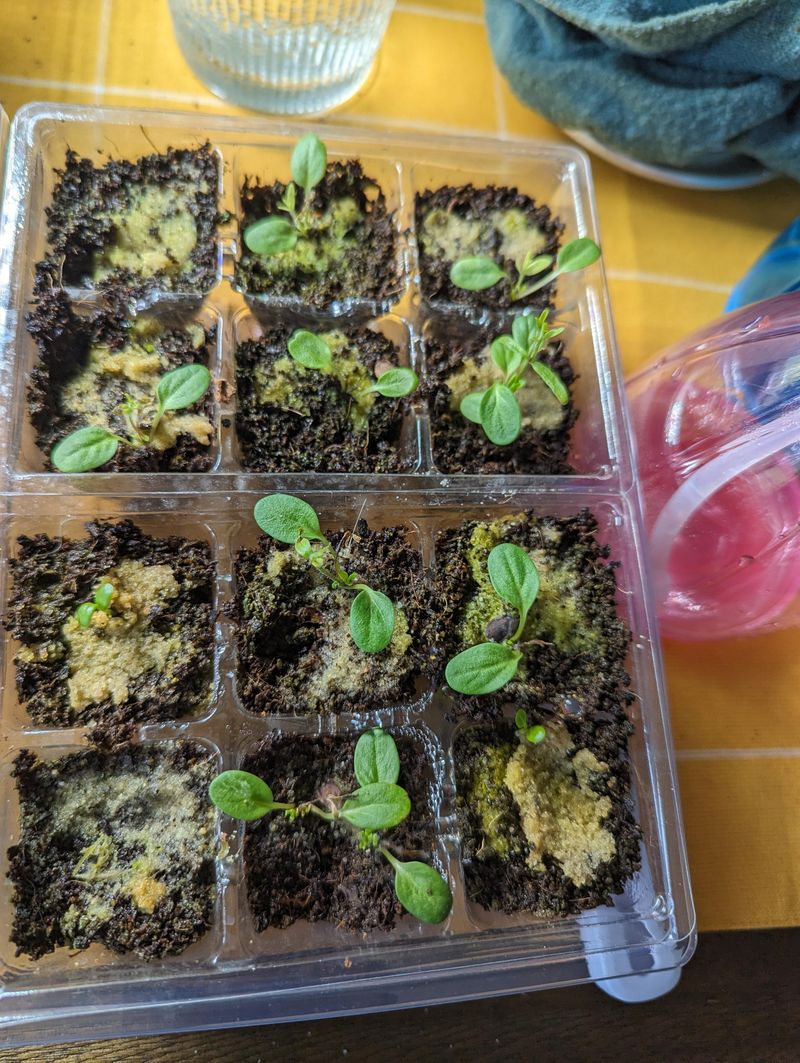
Milkweed seedlings can be tricky to spot, especially when they’re small and blend in with other plants.
Before pulling anything up, double-check to make sure you’re not accidentally removing your future butterfly buffet! Let these little plants grow, and soon they’ll be attracting monarchs.
18. Failing to Water Newly Planted Milkweed
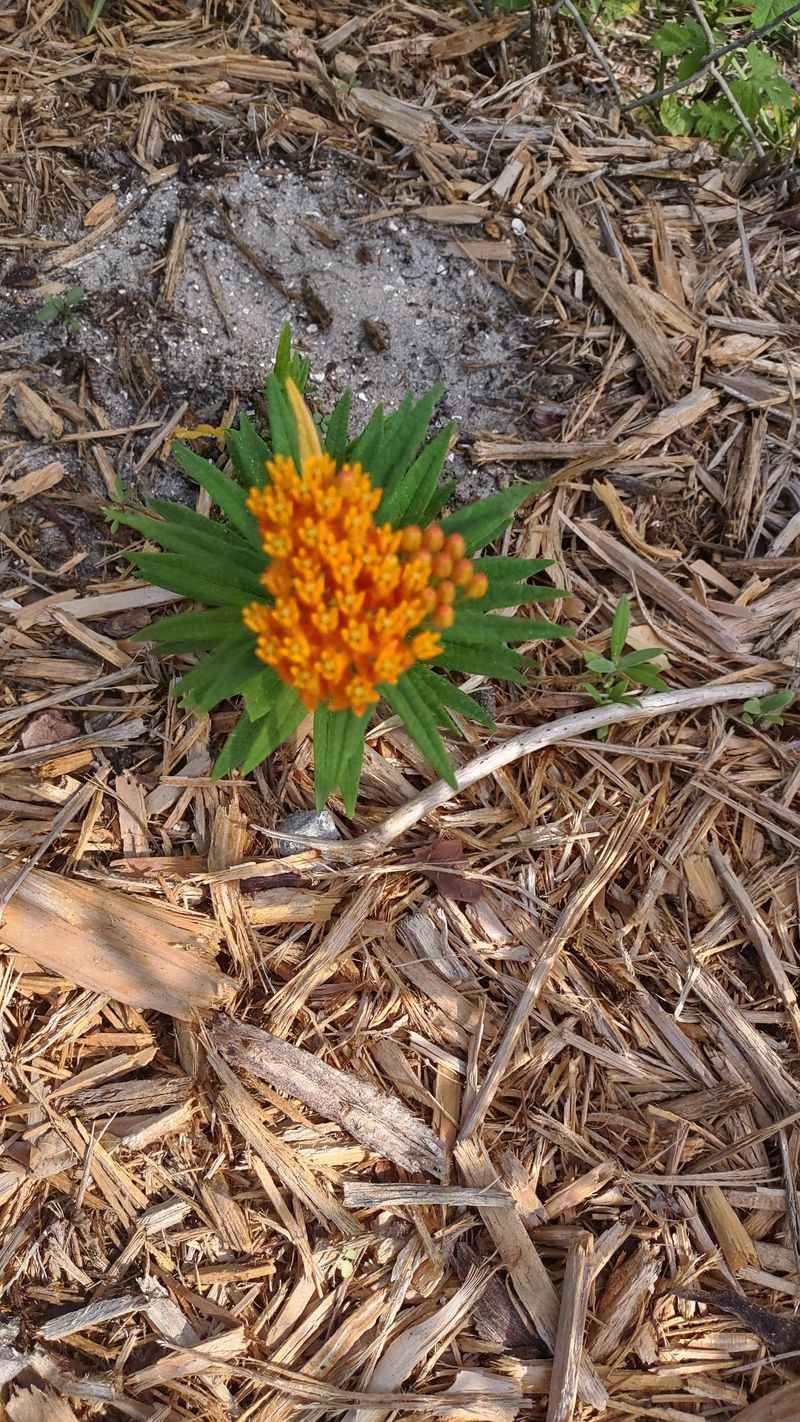
Newly planted milkweed needs consistent watering to establish strong roots. A deep watering once a week is usually enough, but be mindful not to overwater.
Keep the soil moist, but not soggy, to help your milkweed get settled in. Once established, these plants are pretty low-maintenance!
19. Planting in Heavy Clay Soil
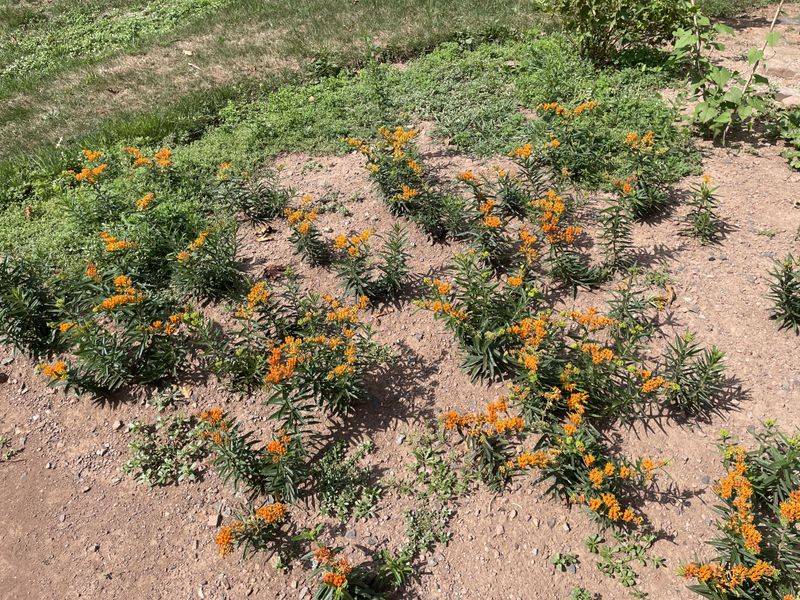
Clay soil can trap water, which isn’t ideal for milkweed. If your soil is too heavy, mix in some sand or compost to improve drainage.
Well-draining soil lets your plants’ roots breathe and grow stronger. When milkweed has the right soil, it thrives—and so do the monarchs!
20. Not Offering Shelter Nearby
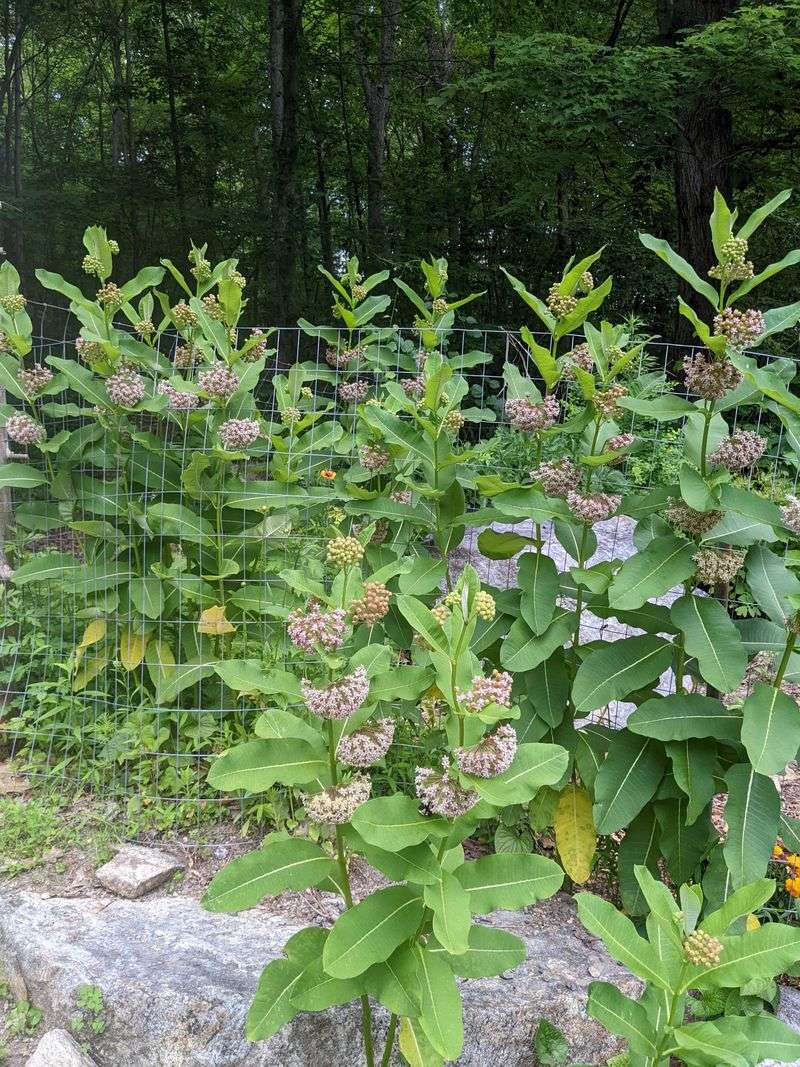
Monarchs need more than just food—they need shelter from predators and harsh weather. Tall grasses, shrubs, or even a small fence can provide the perfect hiding spots.
Shelter gives monarchs the security they need to rest and return to your garden again and again.
21. Overfertilizing Milkweed
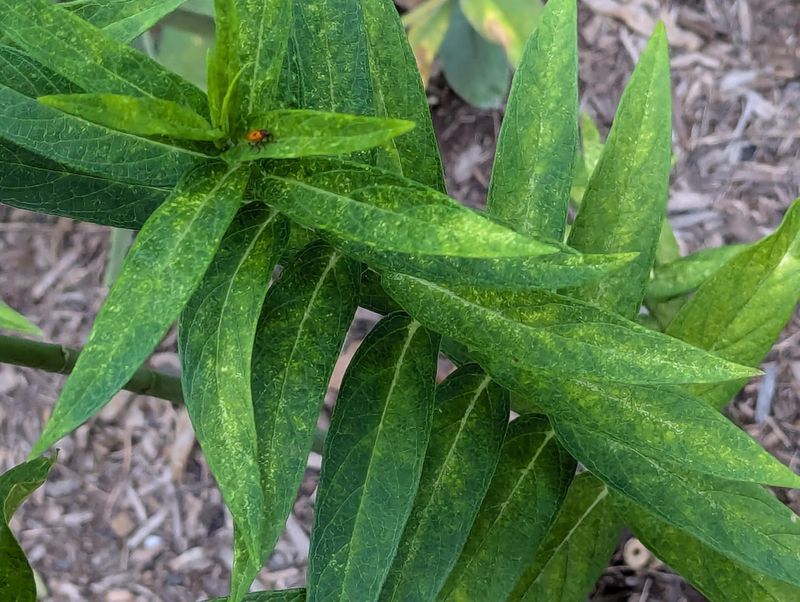
Too much fertilizer can cause milkweed to grow too quickly, weakening the plants and making them less appealing to monarchs.
Stick with organic fertilizers or compost, and only apply them in moderation. Healthy, slow-growing milkweed will be stronger and more inviting to monarchs.
22. Forgetting to Deadhead Milkweed Flowers
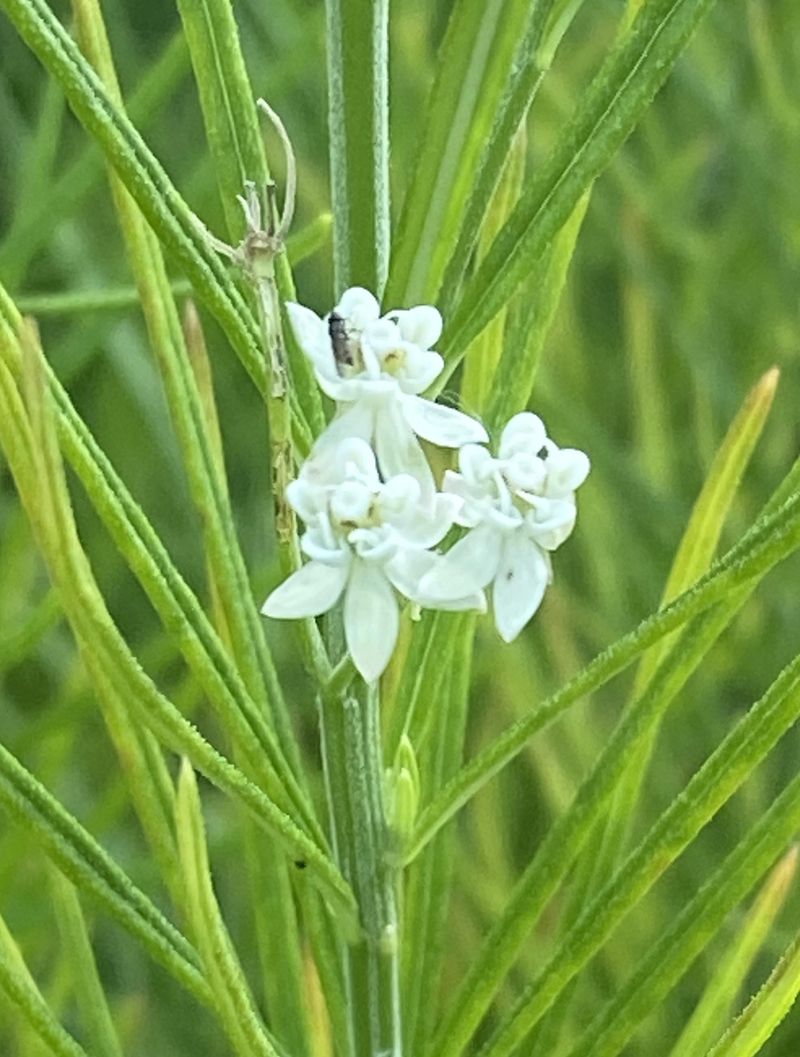
While monarchs love milkweed, dead flowers can attract pests and disease. Regularly remove spent flowers to keep the plant looking fresh and healthy.
Deadheading will also encourage new blooms, keeping the monarchs well-fed all season long!
23. Letting Monarch Eggs Go Unnoticed
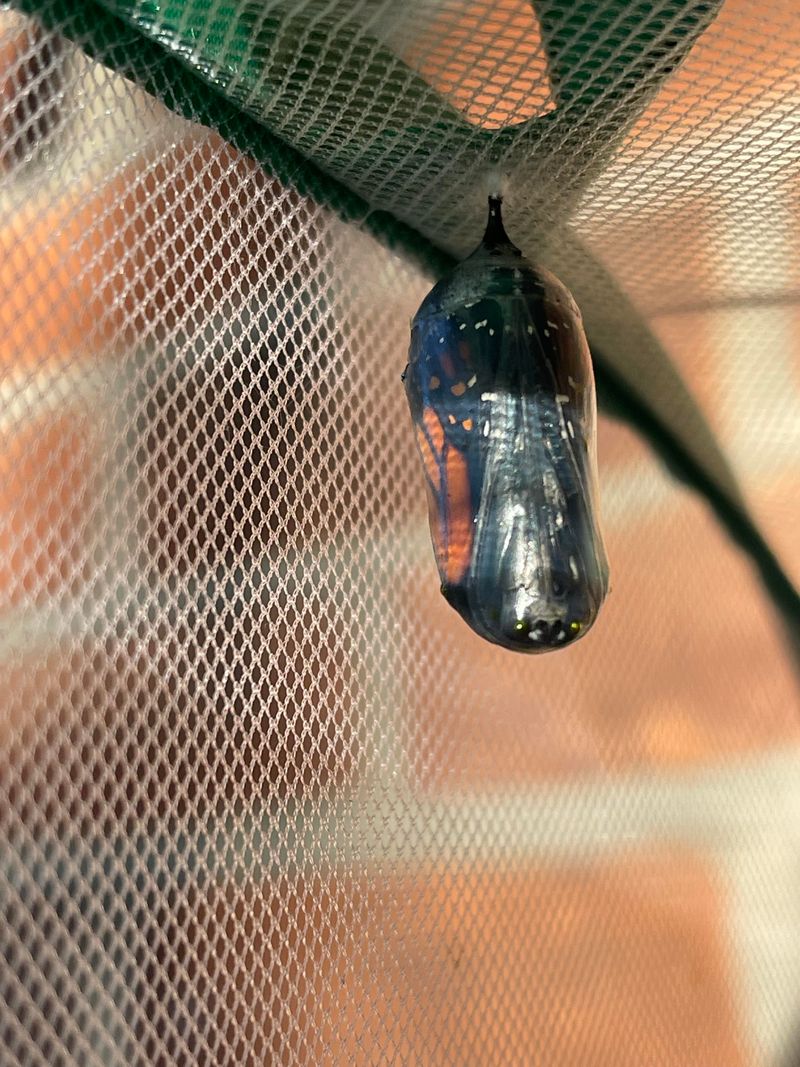
Monarchs lay their eggs on the underside of milkweed leaves, and they can be easy to miss. Once you spot eggs, protect them from predators like ants or birds.
A little extra care can ensure the next generation of butterflies gets the best start.
24. Not Having a Plan for Winter
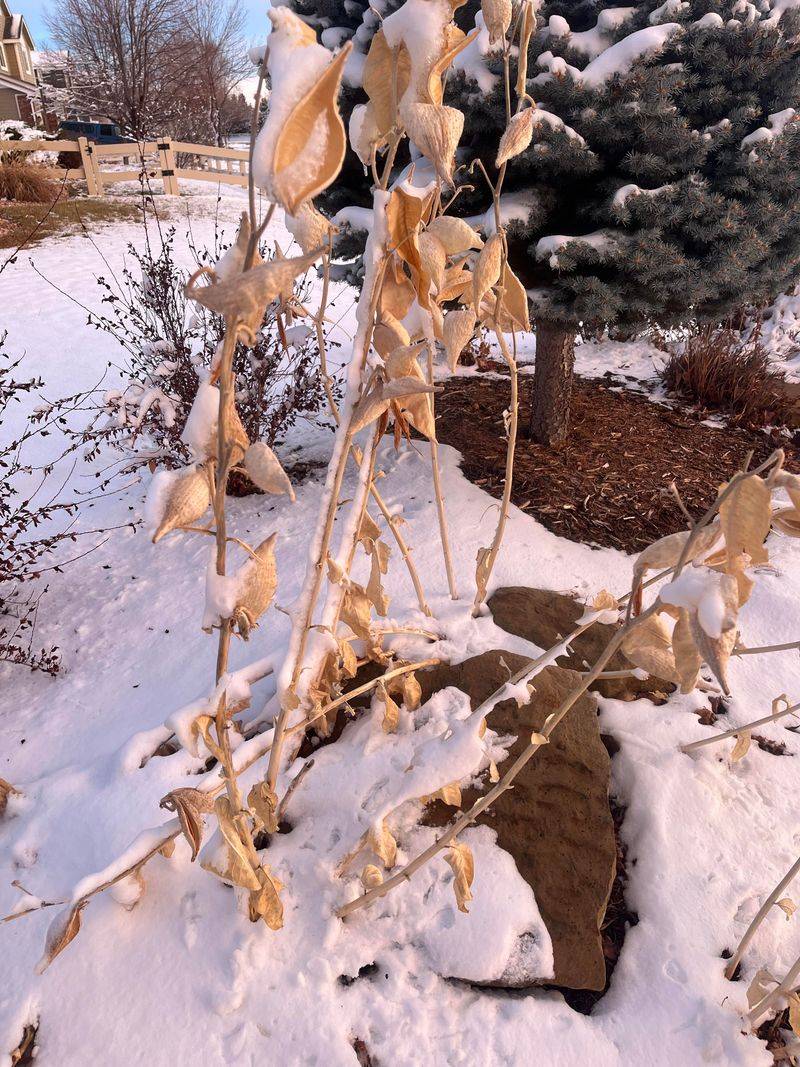
Milkweed goes dormant in the winter, but that doesn’t mean you can’t help it thrive year-round. Leave the stems and seed pods in place during the colder months for added protection.
These old stems will also provide shelter for overwintering monarchs.
25. Not Reseeding Milkweed
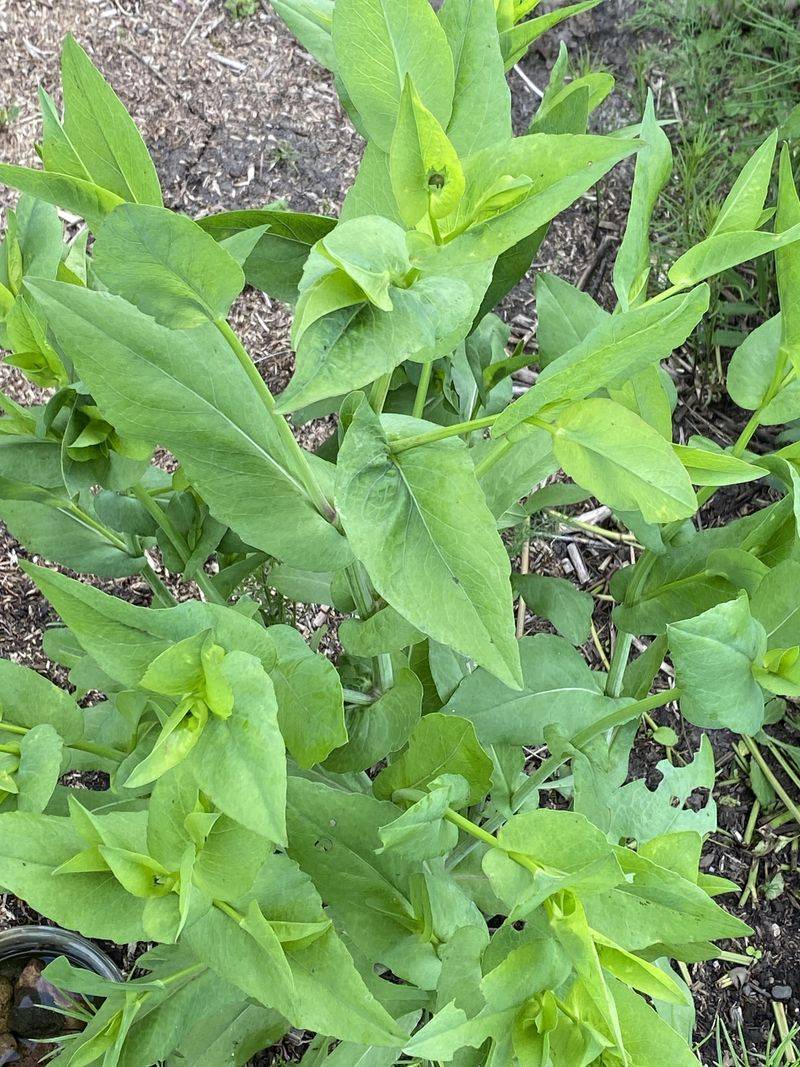
Milkweed can reseed itself, but sometimes it needs a little help. Collect seeds in the fall and scatter them around your garden to ensure a fresh crop next spring.
A little DIY seeding will give you more milkweed plants—and more monarchs—in the seasons to come.
26. Planting in Poor Drainage Areas
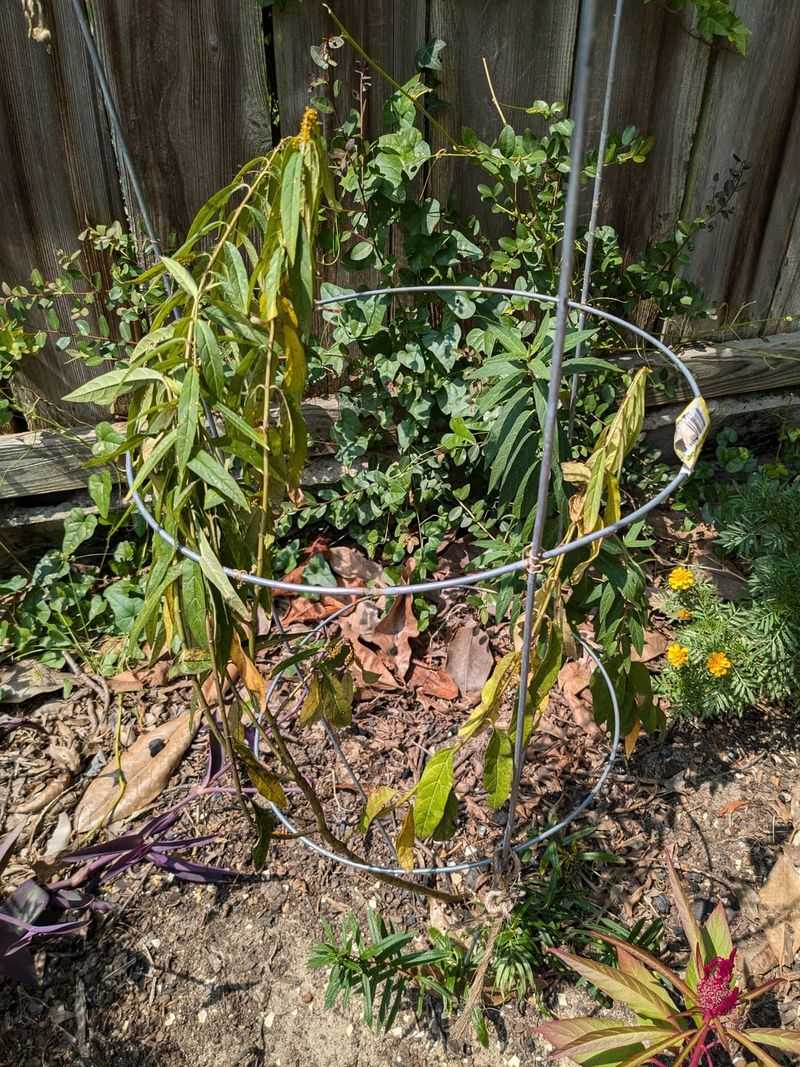
If your garden has poor drainage, milkweed might not grow as well. Wet, heavy soil can lead to root rot and stress the plants out.
Make sure your milkweed is planted in a well-drained area or create raised beds to improve drainage. Strong roots mean stronger plants!
27. Planting Milkweed in Busy, Windy Areas
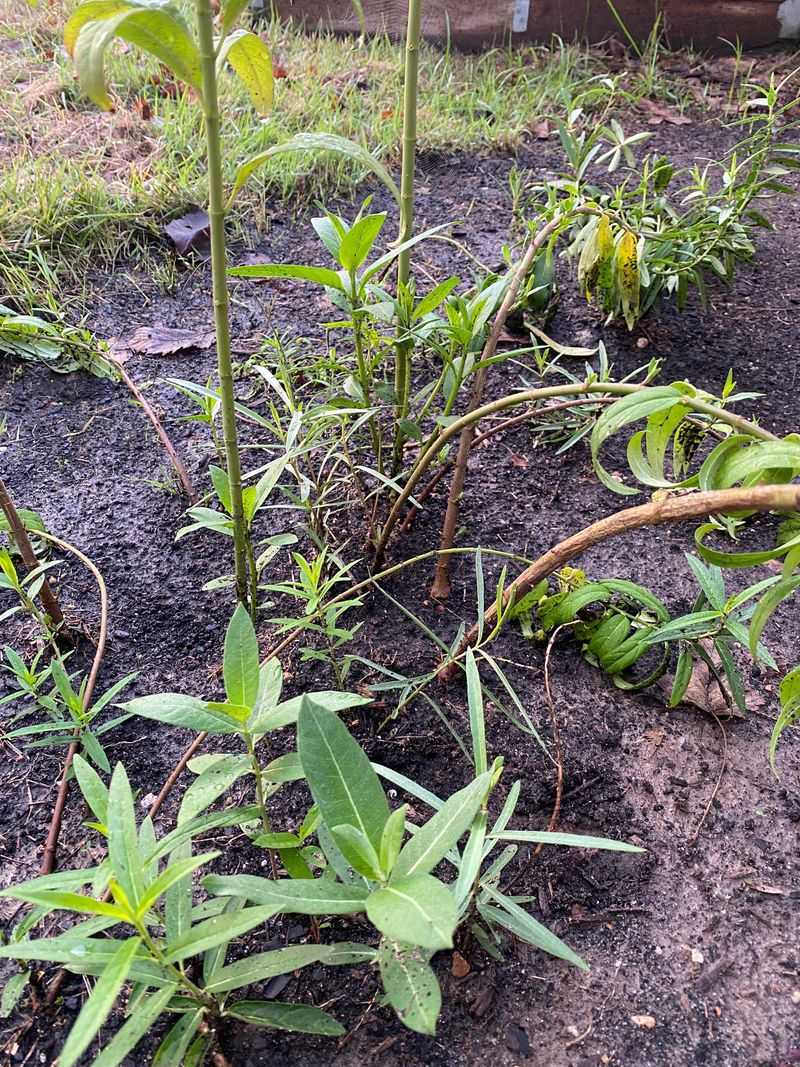
Milkweed can get damaged by strong winds, especially when it’s still young. Avoid planting in open, windy spots where the plants might be knocked over or stressed.
A sheltered location will keep your milkweed safe and happy—perfect for attracting monarchs!
28. Using the Wrong Milkweed Variety for Your Region
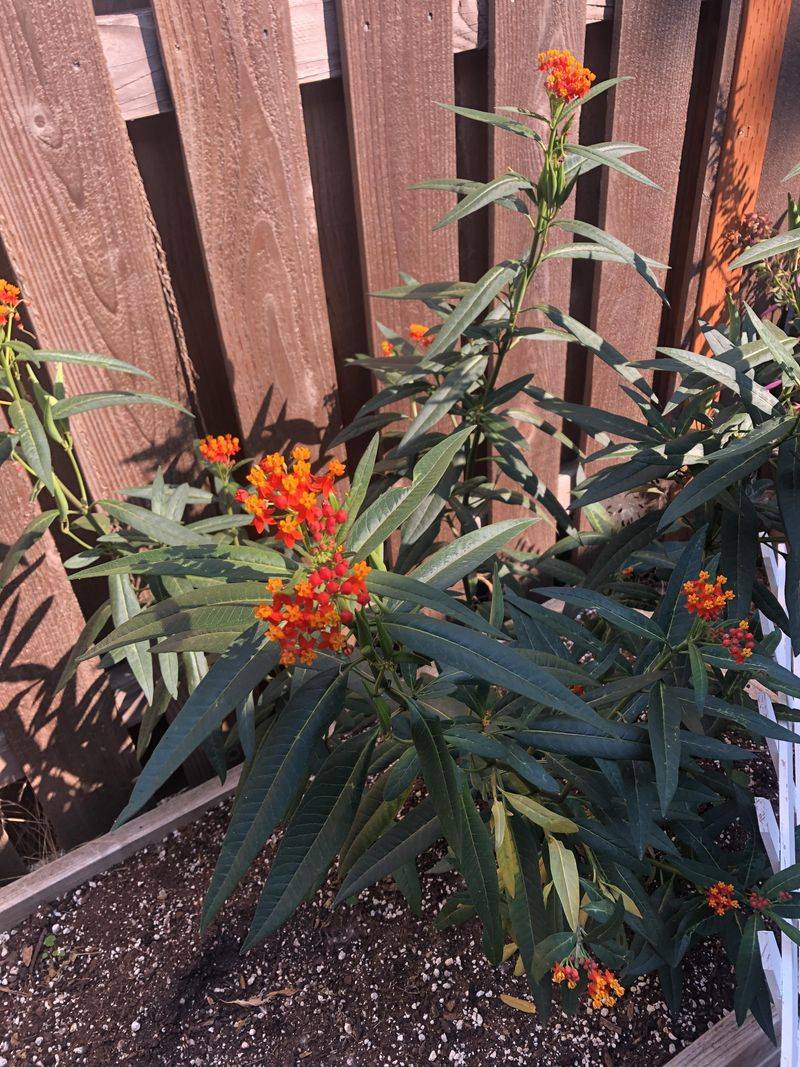
Milkweed species vary across the country, and planting the wrong one can cause trouble.
Common milkweed is perfect for most regions, but species like swamp milkweed thrive in wetland areas. Make sure to plant varieties that are native to your region for the best results.
29. Not Sharing Milkweed Knowledge
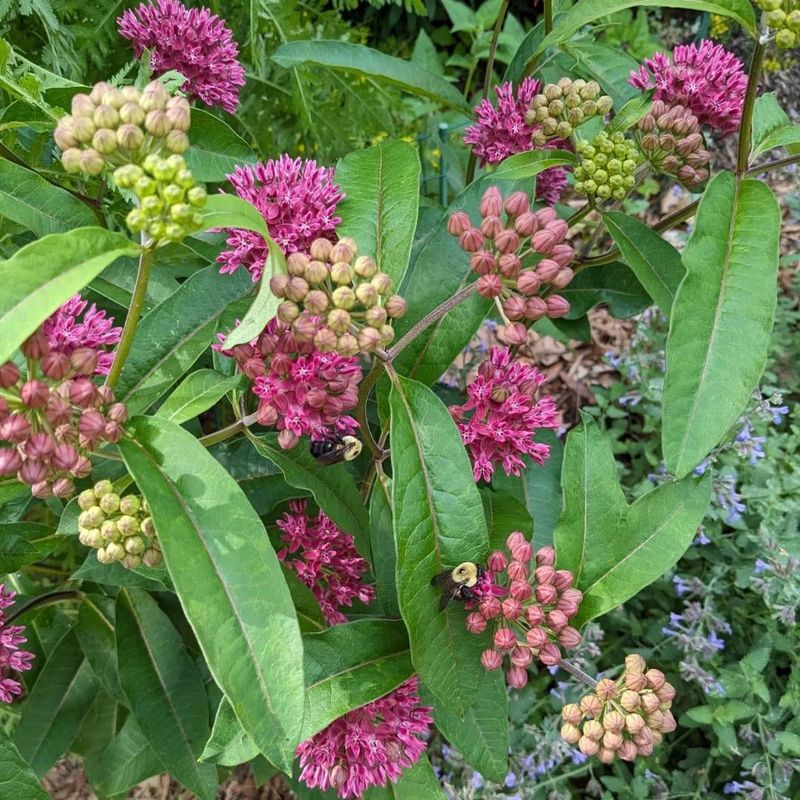
Sharing your knowledge about milkweed with others can help monarchs in the long run.
Spread the word in your community and encourage others to plant milkweed in their gardens. Every new patch of milkweed helps create a stronger habitat for monarchs to thrive.


